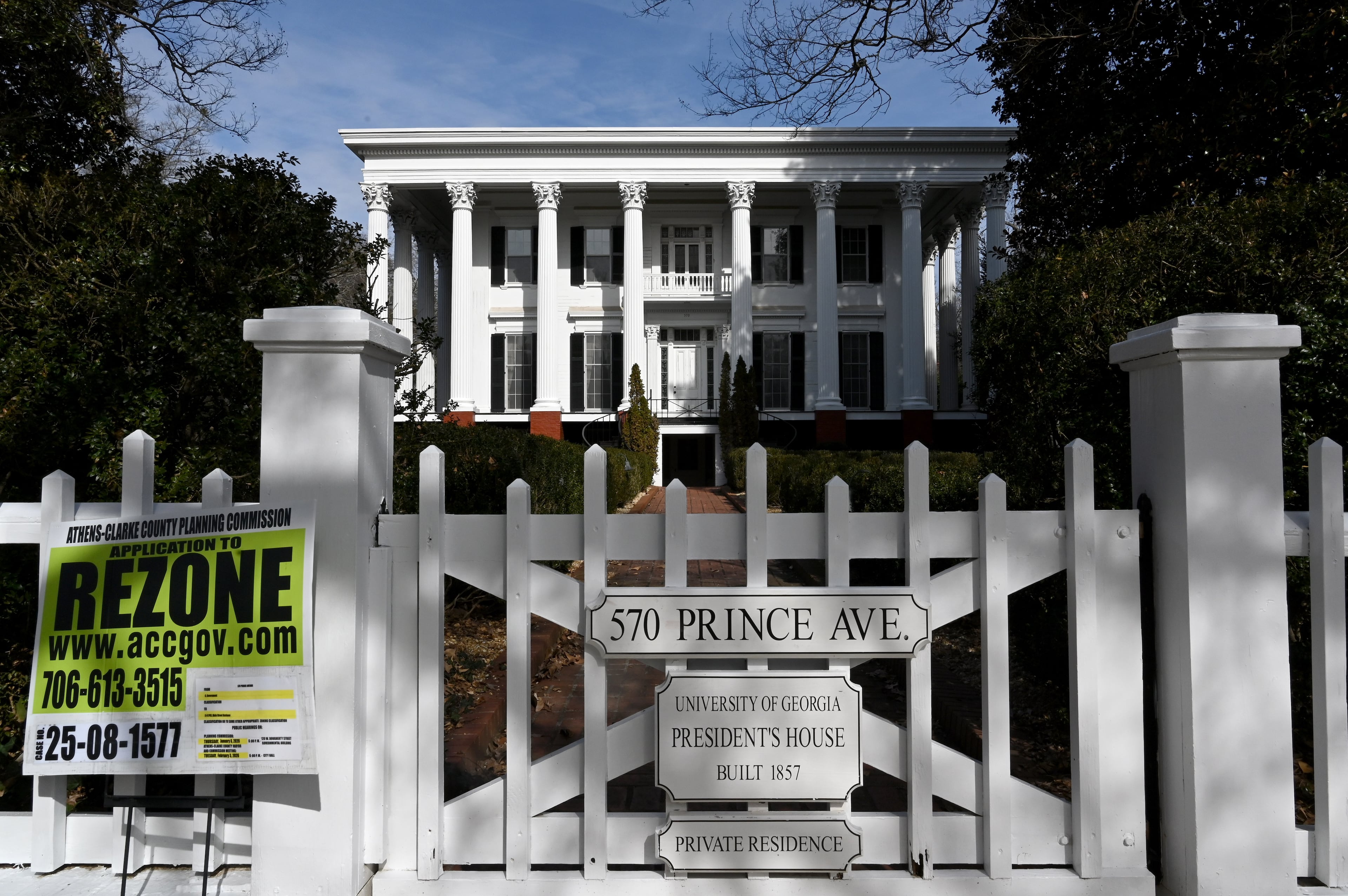BBB Warns: college scholarship scams in full force

Who can’t use some extra money especially when you are sending a child to college. Planning for college can be a finally stressful situation which can make you vulnerable because where there’s a need – there’s a scam.
While there are legitimate companies and organizations that can help you navigate the often confusing processes to secure grants and other aid, an immediate red flag that you are dealing with a scam is a guarantee or promise that you will get the money.
The BBB Serving metro Atlanta, Athens & northeast Georgia provided the following information to explain how it works:
Some scam artists advertise “free grants” and lure users to contact them for more information. Others will cold call, asking basic questions to see if you qualify for a grant and then ask for your banking information so they can collect a one-time processing fee and directly deposit your money.
With scholarship and financial aid scams, some companies will claim to have programs guaranteeing a financial package and promise they’ll handle the paperwork for a fee. But remember, applying for scholarships is generally free.

In the U.S., the Free Application for Federal Student Aid (FAFSA) is the only application that determines eligibility for all federal programs and you can complete and submit it for free.
And don’t fall for a money back guarantee: once you provide your banking information to one of these fraudulent companies, they’ll start taking your money and you’ll never be able to get it back.
What to Watch For:
Read and listen for these tell-tale messages:
- The scholarship is guaranteed. If you don't get it, you'll get your money back.
- You can't get this information anywhere else.
- We need your credit card number or bank information to hold the scholarship.
- You pay a processing fee for us to do all the work.
- You have to spend money to get money.
- You've been selected to receive a scholarship (that you never applied for).

Protect Yourself:
- Never give your bank account information or credit card to anyone you don't know. Once a scammer has this information they can steal your money. Be sure that you don't share it unless you are familiar with the company and know why they need the information.
- Don't pay money for free government grants. Real government agencies won't charge you fees for grants you have already been awarded or for information. The only official list of all U.S. federal grant-making agencies is www.grants.gov.
- Check for look-alikes. A caller may say he is from the "Federal Grants Administration" – which doesn't exist. Be sure to do your research and see if an agency or organization actually exists. Find contact info on your own and call them to be sure the person you've heard from is legitimate.
- Don't rely on caller ID. New technology lets scam artists disguise their phone numbers and appear to be calling from an agency in Washington, DC. Don't fall for it!
- Take control of the calls you receive. You can reduce the number of telemarketing calls you receive and limit how your number is passed around by putting your number on National Do Not Call Registries.

References/For more information:
The FTC on Scholarship and Financial Aid Scams: https://www.consumer.ftc.gov/articles/0082-scholarship-and-financial-aid-scams
Information on Scams from The Department of Education: https://studentaid.ed.gov/sa/types/scams
The FTC on Government Grant Scams: https://www.consumer.ftc.gov/articles/0113-government-grant-scams
Visit StudentAid.gov, the U.S. Department of Education's site for free information on scholarships for education beyond high school. You can complete the FAFSA at www.fafsa.gov and learn about filing options at www.fafsa.ed.gov/options or by calling 1-800-4-FED-AID.
College Parents of America: www.collegeparents.org
For more information, please visit bbb.org/atlanta.


